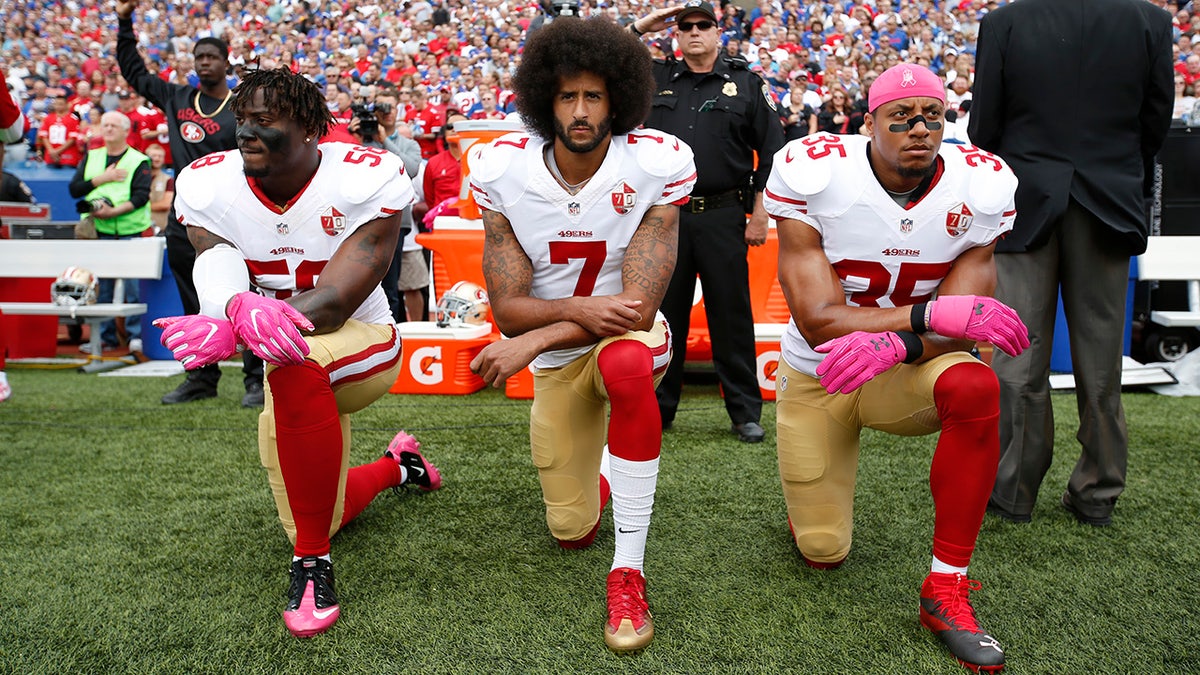The 2016 Colin Kaepernick saga set a precedent for athlete activism, but the recent case of Anthony Bass reveals a stark double standard in sports media's response to political expression. Kaepernick, then-quarterback for the San Francisco 49ers, knelt during the national anthem to protest racial injustice. He became a media darling, celebrated for his stance and earning lucrative deals despite his NFL career stalling. The prevailing narrative painted Kaepernick as a victim of stifled free speech, with many commentators overlooking the established legal principle that employers have the right to regulate employee conduct, especially when it impacts their business. After all, a fast-food worker advocating vegetarianism while serving burgers wouldn't last long.

Fast forward to Anthony Bass, a Toronto Blue Jays pitcher who shared a personal endorsement of the Bud Light and Target boycotts on his private Instagram account. These boycotts stemmed from the companies' inclusion of transgender individuals in their marketing campaigns. Bass's post ignited a firestorm of criticism from left-leaning commentators, leading to a forced apology and ultimately, his demotion and release. While the Blue Jays cited performance as a factor, they admitted the “distraction” played a role. This distraction was clearly the backlash against Bass's political views.

The hypocrisy is glaring. Where were the champions of athlete activism when Bass, expressing his views outside of work, faced professional consequences? The same voices that lauded Kaepernick’s right to protest actively sought Bass's dismissal. This selective outrage exposes a fundamental truth: many in sports media aren’t defending free speech; they're defending speech they agree with. The very commentators who insisted athletes should use their platforms are now silencing those who express dissenting viewpoints.

Bass’s case sets a dangerous precedent. If athletes can be fired for personal social media posts, what’s next? This chilling effect could lead to widespread self-censorship. The MLB Players Association should be concerned about this erosion of their members' rights. Furthermore, MLB’s own actions, like moving the All-Star game from Atlanta over a voting law that actually increased voter turnout, show their willingness to engage in political posturing. It's clear that certain political stances are acceptable, while others are grounds for dismissal.

The message is clear: conform to the prevailing left-leaning ideology, or face the consequences. This isn't about free speech; it’s about enforcing ideological conformity. The sports media, in its rush to punish Bass, has revealed its true colors, prioritizing political agendas over principles of free expression.


Comments(0)
Top Comments